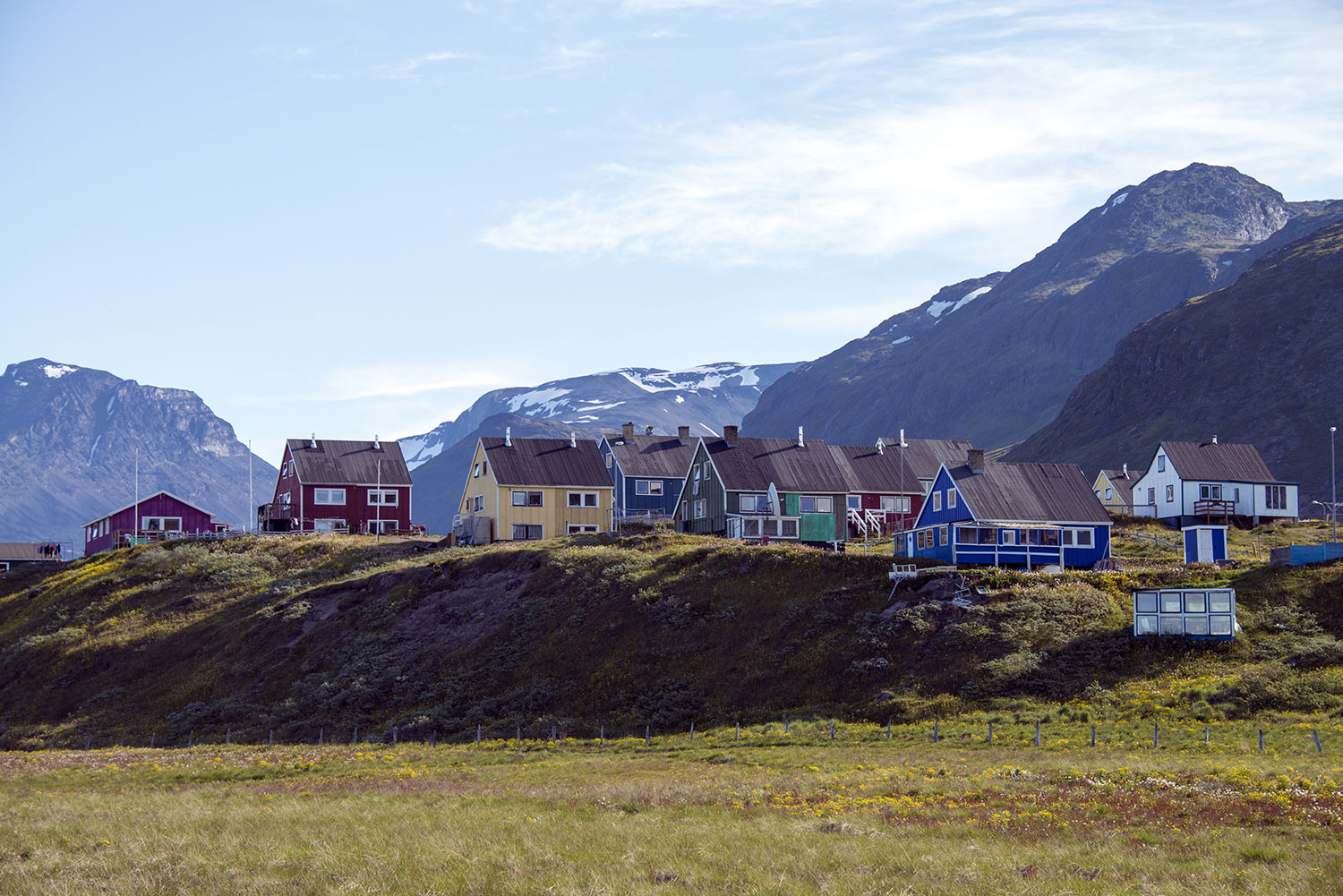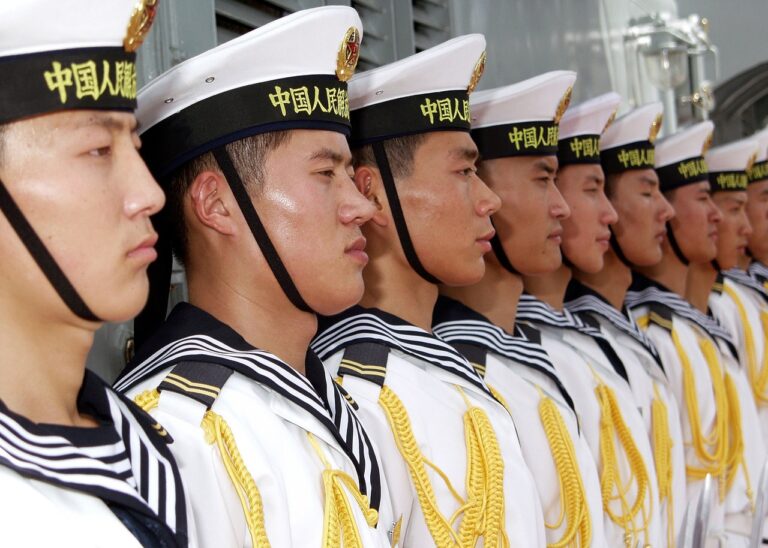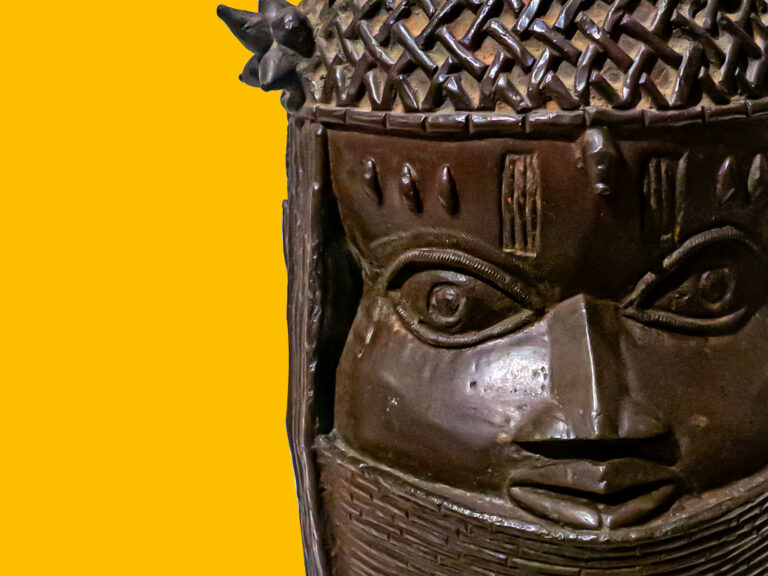Copenhagen, Denmark (TP)
Greenland’s parliamentary elections ended on last Tuesday with a historical result. The present leading government party Siumut was left without decisive influence to form a new government, as the left-wing environmentalist party Inuit Ataqatigiit (IA) claimed victory and formed a joint majority of seats in parliament with centre party Naleraq.
Over half of those eligible to vote (27,079 Greenlanders out of 41,126 eligible votes) took a stance on election day where harsh weather conditions made it hard to reach voting booths. Greenlanders’ relationship to nature was essentially the decisive, hot topic influencing the election’s outcome.
Since Greenland gained autonomy from Denmark and formed its parliamentary system in 1979, Siumut has dominated the island politics apart from one exception. Now, IAs 34-year-old leader Múte Bourup Egede will be in charge of forming a new government, which he will lead for the next four years.
At a time when Greenland has received great attention from the international superpowers, the election result is likely going to have a far wider impact globally than usually. Many may remember how former US president Donald Trump tried to purchase Greenland from Denmark, that controls the islands foreign affairs and defence policies.
Mining for profit cancelled
Mining was one of the pressing issues in the elections, as IA and Naleraq were against mining for profit, whereas Siumut was more supportive of it. Anticipating this, Siumut replaced their chairman and head of Greenland’s government Kim Kielsen by Erik Jensen already last year, ensuring that the power shift would not have any effect on government. In essence, an extraordinary call to a new election was called because of a conflict regarding a mining project in Kuannersuit, in Greenland’s southern edge. Siumut’s pro stance to the project created disagreements on mining certificates within the government and ultimately, this made the Demokraatit party step out of their coalition in government leaving behind Siumut and Nunnata Qitornai, who only represent 11 mandates out of 31 in Greenland’s parliament.
Mining in Kuannersuit originally sparked concern among environmentalists as the mining could harm the area, which is already heavily impacted by global warming. The potential of large economic revenue, that could contribute to independence from Denmark, the mining project quickly became one of the primary topics during the elections. In the days following the elections, vice chairman of Siumut Vivian Motzfeldt told Danish broadcaster DR, that the mining project most likely cost her party the elections.
The outcome had an instant impact on international investors. The Australian-Chinese mining company Greenland Minerals A/S stocks fell about 44 percent in value just a day after the election.
A vote for the Danish realm
Despite the rare outcome, the Greenland elections recorded the ever lowest voting count to date, with 27,079 voters. These voters were named as ‘the worlds most important voters’ by Danish newspaper Weekendavisen’s editor-in-chief Martin Krasnik. According to him, Greenland has chosen a continued development of the Danish realm by the cost of delaying independence. This is a pragmatic decision that will cement Greenland and Denmark’s position when negotiating initiatives between USA, Russia and China in the arctic region the coming years.
According to some of the latest news, Russia is attempting to claim 70 percent of the Arctic Ocean seabed. This represents an area of around 800,000 square kilometres, touching the likes of Greenland/Denmark, Canada, Norway, Russia and the United States. The claim has been formally sent to relevant international institutions, and will be examined by the UN Commission on the Limits of the Continental Shelf by 2022.
Sovereignty of the seabed gives the winner exclusive access to potential natural resources such as oil and gas. However, Russia’s claim does not include the seabed in areas north of Alaska where the US has shown interest for years.
In terms of defence policies, the arctic region is receiving a lot of attention from global superpowers. In October last year a Chinese icebreaker sailed unannounced into Greenland’s territorial waters, according to Reuters.
Because Denmark oversees all defence policies in Greenland, the growing international attention to the area led Denmark to invest 1,5 billion Danish Kroner in February to strengthen defence and add more high-tech based surveillance in the Arctic and North Atlantic region. The investment included a Greenlandic military education the island has never seen before.
Greenland is now finding itself in the centre of global geopolitical games, surrounded by the world’s superpowers competing for emerging sea routes through the arctic due to global warming, and accessibility to rare minerals and defence politics.













